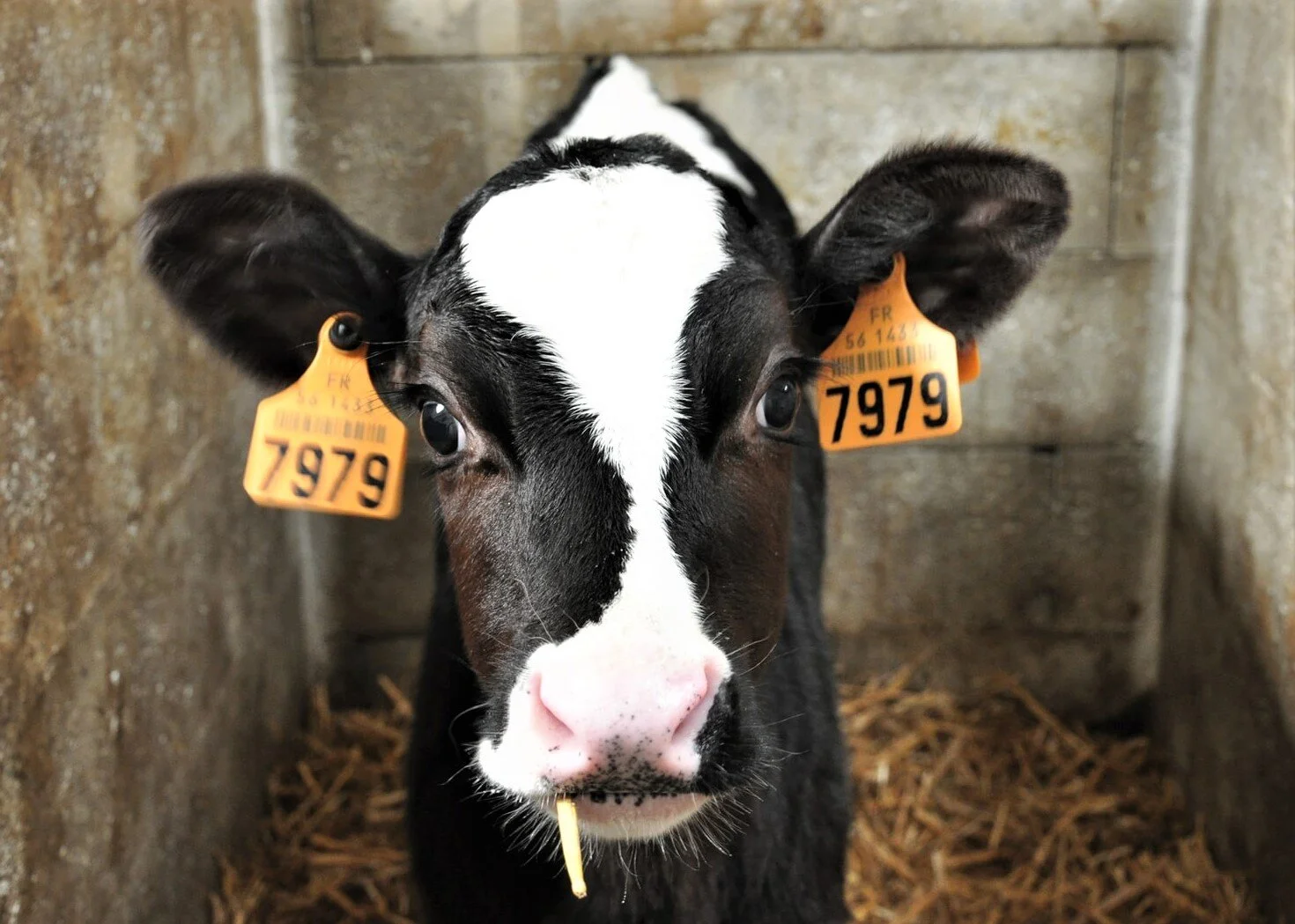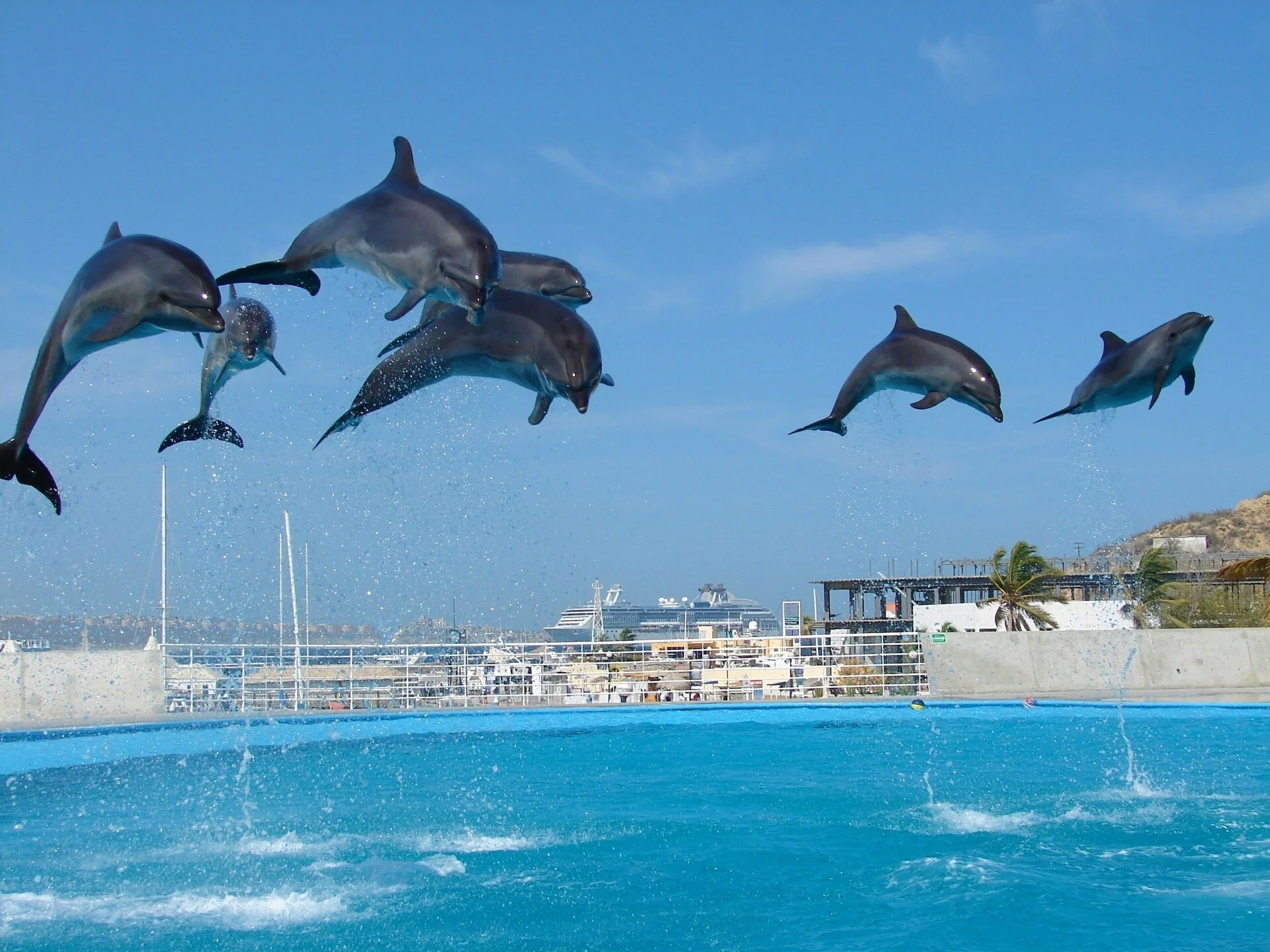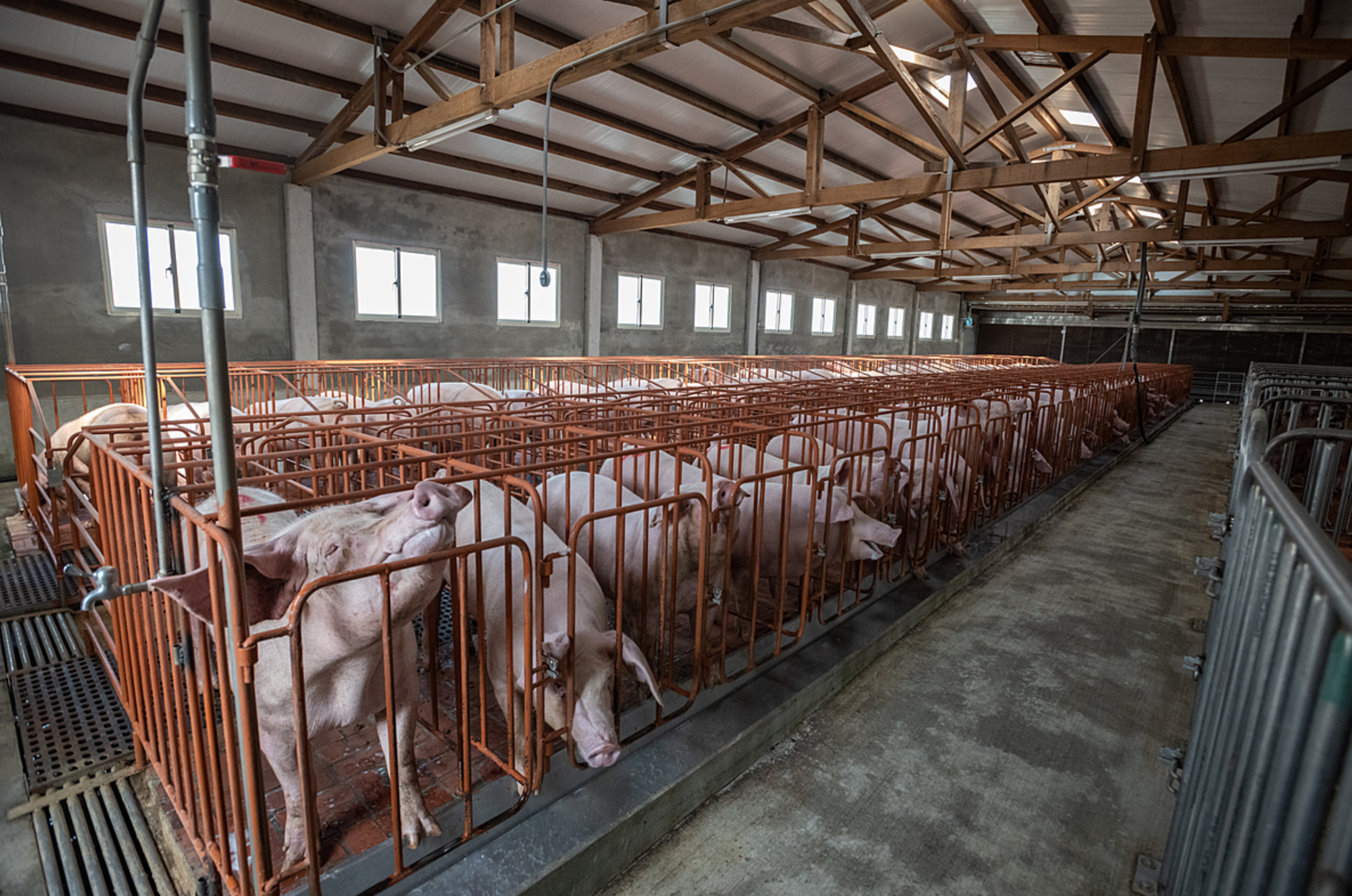By Jessica Scott-Reid
Jessica is a Canadian writer, animal advocate and plant-based food expert. Her work appears regularly in media across Canada and the US.
Earlier this month, the UK government announced a new Action Plan for Animal Welfare. The series of bills include a number of ways to improve the lives of animals farmed for food, kept in zoos and as companions. Notably, the live export of animals for fattening and slaughter will be banned, and primates will no longer be permitted as pets. Perhaps most importantly, the plan will also include a new committee on animal sentience. This committee will report on government decisions regarding animal welfare, hold ministers accountable for animal welfare in policy-making, apply higher maximum penalties for animal cruelty, and ensure animal welfare is considered and better protected in trade negotiations.
“Recognizing animal sentience is often little more than symbolism,” says Camille Labchuk, executive director of Canadian animal protection organization Animal Justice, “but the UK is making this recognition more concrete by creating a sentience committee that will evaluate and report on how government policy decisions affect animals.” She adds that taking animals' interests into account at this level “is a huge structural change, and has the potential to spur on even more action.”
The UK’s announcement has been met with enthusiasm and cautious optimism among animal advocates worldwide, and has prompted those like Labchuk to once again reflect on the status of animal protection in their own countries. In Canada in particular, where there have been some noteworthy wins in recent years, there remain many significant and concerning gaps in the treatment of animals.
In 2019, Canada was the first G20 country to ban the import and export of shark fins. Shark fin, considered a culinary delicacy in some Asian cultures, is typically procured by cutting the fins off live sharks and leaving them to drown, a practice widely condemned for its cruelty. The mass killing of sharks for their fins also has huge negative effects on already compromised ocean ecosystems. Before the ban, Canada was the largest importer of shark fin outside of Asia. Thus, the move was widely applauded.
Almost simultaneously, the Canadian government passed legislation to ban the keeping and breeding of whales, dolphins and porpoises in captivity. Though the law exempts those cetaceans already held captive (which includes dozens held in marine parks and aquariums), the bill was hailed by animal activists worldwide as a major step in the right direction.
Photo: Ranae Smith on Unsplash
However, despite this important progress for marine animals, Canada continues to be called out by animal advocates for having inadequate animal protection laws overall. In 2020, global charity World Animal Protection assessed the animal welfare policies and legislation of 50 countries and graded Canada a D, alongside other countries such as Tanzania and Peru. In a statement the organization said, “the low marks received were for not having adequate legislation protecting wildlife in captivity, working animals, farm animals, animals used in research and companion animals.”
Humane Society International/Canada shares much the same perspective. “Unfortunately for animals in this country, Canada is very much a laggard, not a leader, on animal welfare,” says HSI/Canada’s executive director Rebecca Aldworth. She cites inhumane farmed animal transport laws, trophy hunting, the seal hunt, and overall weak and archaic animal protection laws, among other concerns.
Both Labchuk and Aldworth specifically zero in on the glaring omission that there is no government oversight regarding the everyday treatment of animals on farms in Canada. At the provincial level, laws concerning animal care and welfare typically include exemptions for “standard animal husbandry practices,” practices many people would consider unarguably cruel. Instead, animal farming in Canada – which resulted in over 800 million land animals being slaughtered last year-- is overseen by the National Farm Animal Care Counsel, an industry-created body that works under its own voluntary codes of practice. “It’s the fox guarding the hen house,” as Labchuk explains.
“Canada's failure to regulate or monitor conditions inside farms is an abysmal policy failure that condemns hundreds of millions of animals to suffer,” says Labchuk. “Instead of letting farm industries make up their own rules for animal treatment, our government should outlaw some of the most harmful practices immediately —like battery cages, gestation crates, veal crates, and painful mutilations.”
Sows in gestation crates in a brand new factory farm. Photo: Jo-Anne McArthur, We Animals Media
Another area where Canada shines for all the wrong reasons regarding animal welfare, is the horse meat trade. The country is one of the top producers of horsemeat in the world, exporting not only butchered horse meat, but also live horses, packed into crates and put onto grueling long-haul flights to be slaughtered for sashimi in Japan. Activists have been fighting the industry for years, even taking the federal government to court over apparent welfare violations. But Canada has yet to show any interest in ceasing the multi-million-dollar industry.
Beyond those farmed for food, there remains much work to be done to protect all animals in Canada. Puppy mills, unlicensed zoos, the exotic animal trade, rodeos, carriage horses, fur farms, fish farms, animal trapping, and the industry-regulated treatment of animals in labs, are all sources of animal suffering in the country.
“One of Canada's biggest problems is a generalized failure by politicians to take animal protection seriously, including by setting up structures and institutions to improve animal welfare, and fund initiatives that would help animals,” says Labchuk. So while the UK’s new Action Plan for Animal Welfare offers much promise for animals, perhaps a greater hope is that it will inspire more action on the part of other governments.
As Aldworth says: “Animals in this country would benefit significantly if Canada were to follow the UK’s lead.”



